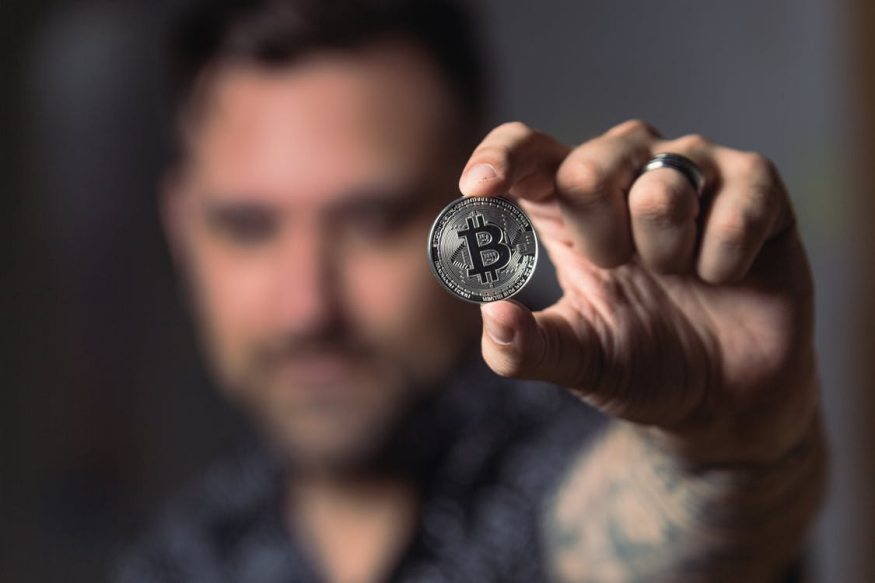US Government Looks to Regulate Bitcoin

Imagine if there was a way to put together a new economy specially designed for the virtual world. This is what Satoshi Nakamoto envisioned when he created Bitcoin. The peer-to-peer cash method started in 2008 with little global significance. However, as time progressed, its fame grew exponentially.
Interest expanded when people discovered that it was an unregulated currency with the capacity to cross borders without consequences. The initial enthusiasm was generated because Bitcoin users are almost impossible to identify. With these factors as a primary draw, organizations like WikiLeaks started to accept payments with satoshis, otherwise known as fractions of a Bitcoin.
The Crypto Explosion
Almost a decade after its inception, Bitcoin finally gained mainstream acceptance and is used in many countries worldwide. In Japan, for example, there are already more than 260,000 stores that offer services and products in exchange for the cryptocurrency.
Countries like Estonia, Ukraine, and Denmark are also taking advantage of the currency. In some cases, they've embraced the technology for securing land ownership, recognition schemes, and humanitarian assistance.
North American and European banks are looking into methods to implement Bitcoin into their systems. The main incentive is that many people in both regions already spend around 50% of their expendable income via digital means. This number will keep growing, and a polished system ready for an influx of users is almost a necessity.
Government Interest
Governments started to look into Bitcoin as its potential for illicit operations grew. Anonymous transactions of limitless cash are an opportunity to launder money or fund criminal organizations. With these arguments, many countries around the world started considering two options. The United States, in particular, is struggling to make a choice.
A Total Ban
A complete ban on Bitcoin and other cryptocurrencies is currently on the table. China has already taken this action to prevent free movement of money within the country and abroad. The difference is, though, that American values prioritize liberty for its citizens. Thus, removing an option for peer-to-peer cash exchange would conflict with the country's ideals. A complete ban is highly unlikely.
Regulation
In some ways, Bitcoin is already regulated in the United States. Websites like Coinbase corroborate and link a user's bitcoin serial code with existing identity information. This enables the company and corresponding government officials to monitor transactions in real-time.
Controlling entities are not yet an obligation for US citizens, though future legislation can change this entirely. Another incentive is the possibility of a bitcoin tax, an additional source of income that could sway decisions to use the system.
Why It Matters
Many economists say that cryptocurrencies are the money of the future. There's a general sense that monetary exchange will become entirely virtual. This is something difficult to pull off if Fiat remains in the economy.
The implications are astounding. People worldwide currently pay for products and services by swiping a card, mobile phone, or code across a scanner. This isn't the goal of systems like Bitcoin, though, as physical bills still back these payment methods.
Regulation is so crucial because, in the advent of a singular global currency, banks and governments need a method to watch where money flows. You could say that the US is anticipating this possibility and preparing accordingly.
What Now?
It's important to note that cryptocurrency and blockchains are two different things. The first functions thought the system provided by the second. Crypto regulation does not mean blockchain limitation. The latter technology will pop up in many advancements, while the former needs a close look before coming to a conclusion.
If legislation is passed, that regulates Bitcoin, one of the last 100% anonymous transactions will disappear. Whether this is a good thing or not is up to you to decide.
Subscribe to Latin Post!
Sign up for our free newsletter for the Latest coverage!
© 2025 Latin Post. All rights reserved. Do not reproduce without permission.

















